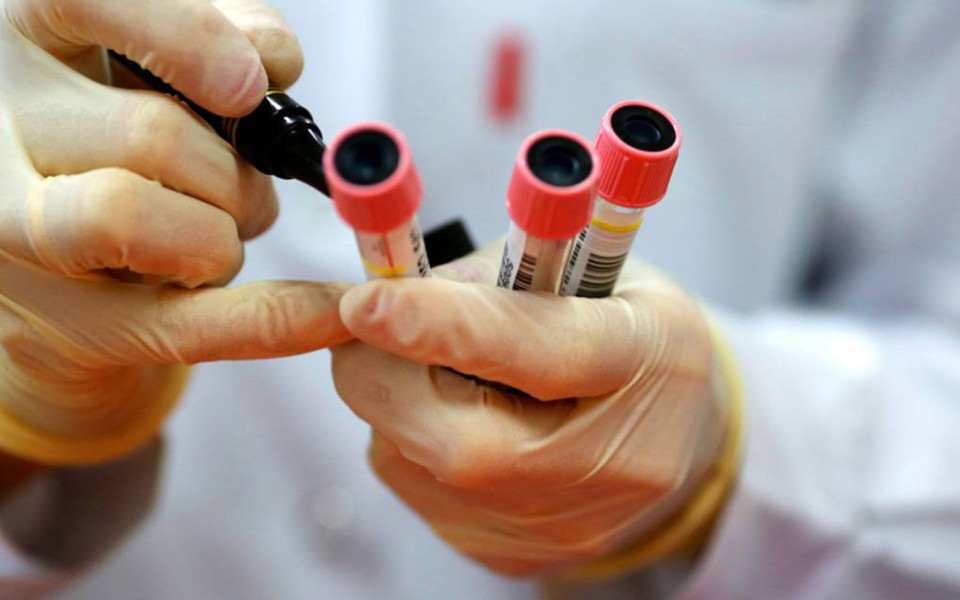How CRISPR is helping scientists create a better coronavirus test
At the moment, if you want to know if you have Covid-19, you have to stick a swab test up your nose, ship the sample to a lab and then wait. Shipping, testing and returning a result can take hours at best and days at worst — and labs in the UK are already severely backlogged.
This kind of test works, but all that lab time means it’s slow. New tests in development using gene-editing CRISPR have been touted as a potential solution, offering a result in minutes at point of care — or even in your own home.
CRISPR stands for Clustered Regularly Interspaced Palindromic Repeats, but that doesn’t really explain the discovery made by biochemist Jennifer Doudna in 2012. Gene editing was possible but incredibly difficult before she and collaborator Emmanuelle Charpentier discovered a way to program a protein known as Cas9 to act as a cut-and-paste tool to remove or alter bits of DNA.
So when the Covid-19 pandemic hit earlier this year, researchers including Doudna quickly shifted their CRISPR work to addressing the outbreak. She had long been working on applying CRISPR to diagnostics via her lab at Berkeley, as well as companies she co-founded, Caribou Biosciences and Mammoth Biosciences — with the latter now developing a COVID test. “Like a lot of things, the emergence of the pandemic has just accelerated the pace of all that,” she says.


